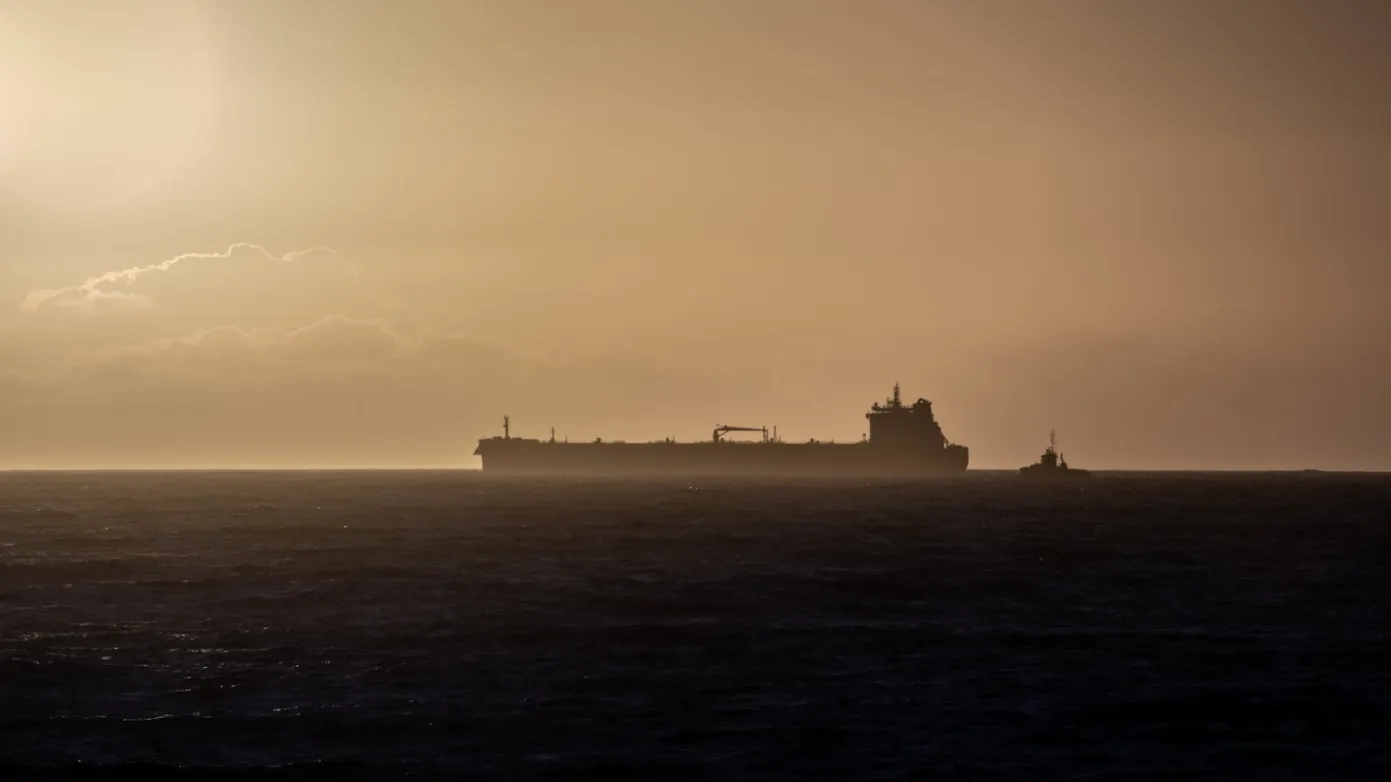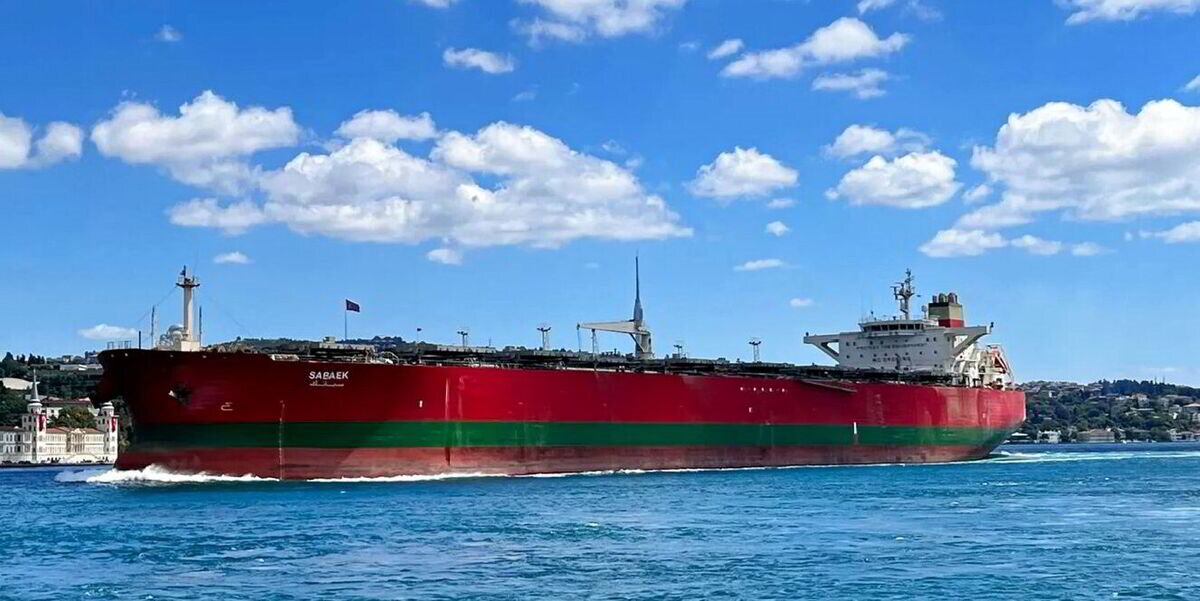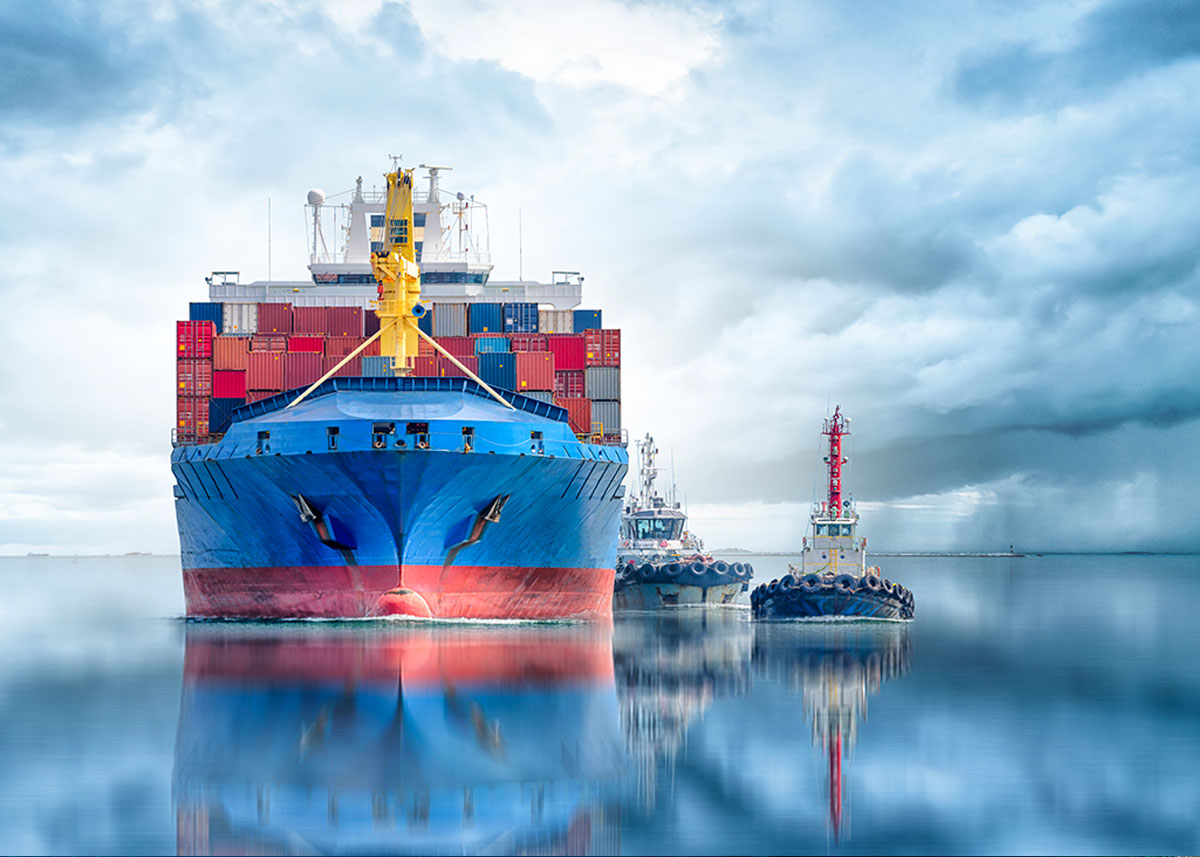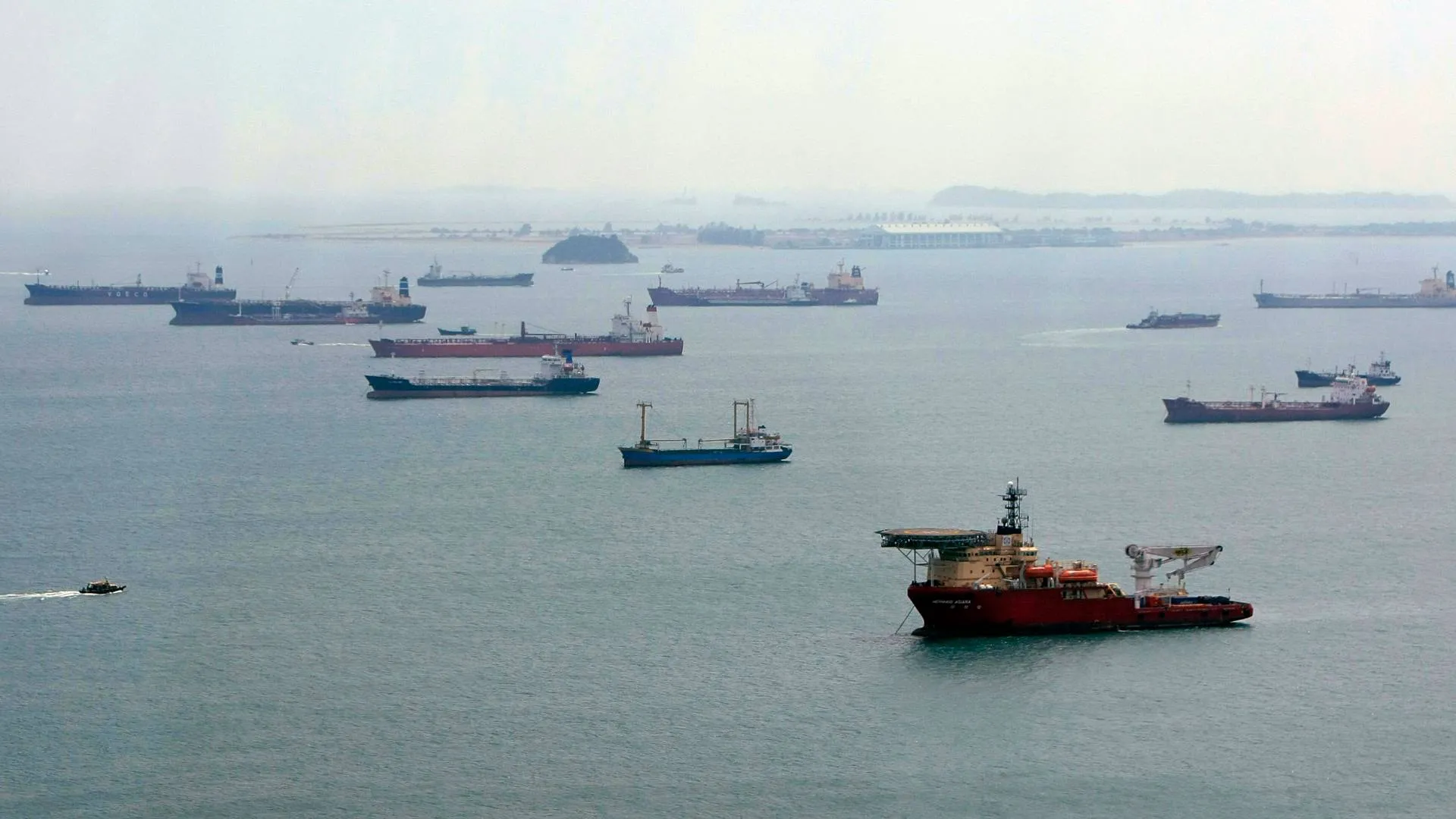The project, conducted in collaboration with Yanmar Power Solutions and Kanadevia Corp and supported by the Japanese Green Innovation Fund
Tokyo – A Japanese consortium led by the shipping giant Mitsui Osk Lines (Mol) has announced a groundbreaking success in real-world tests for the reduction of methane slip, that is, the unburned gas that escapes from ship engines powered by LNG. The open-sea tests achieved a 98% reduction in methane slip, a result that far exceeds the initial target of 70%.
Methane is a powerful short-term greenhouse gas, with a global warming potential estimated to be 80 to 100 times greater than that of carbon dioxide over a twenty-year period. Its slip is the primary climate problem associated with the use of LNG as a marine fuel.
The project, conducted in collaboration with Yanmar Power Solutions and Kanadevia Corp and supported by the Japanese Green Innovation Fund, used a combination of methane oxidation catalysts and specific engine design improvements.
The large-scale demonstration trials began in May 2025 on a large gas-fueled bulker, the Reimei, operated by Mol on routes including the connection between Japan and Australia. The results obtained under real operating conditions, with fluctuating engine loads (98% reduction at 75% load), even surpassed the performance recorded in previous on-land tests, which had already achieved a 94% reduction at 100% engine load.
The consortium will continue sea trials until the end of 2026 to evaluate the catalyst’s durability and the system’s overall performance. The project’s ultimate goal is the commercial and global implementation of the methane slip reduction technology for the maritime sector starting in 2027.




